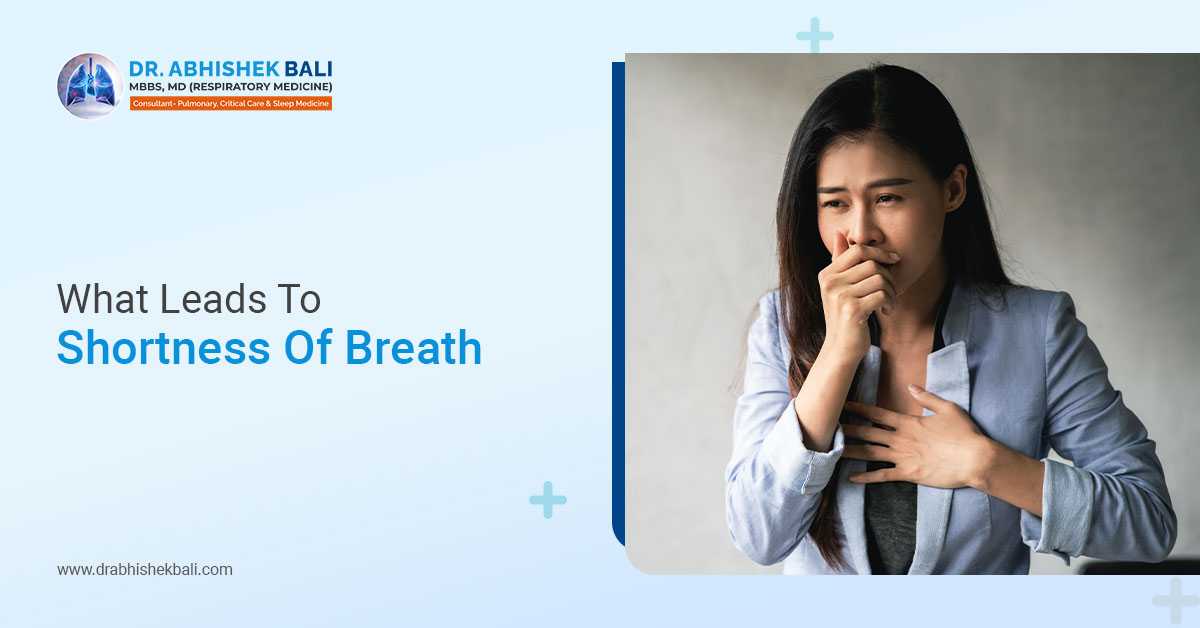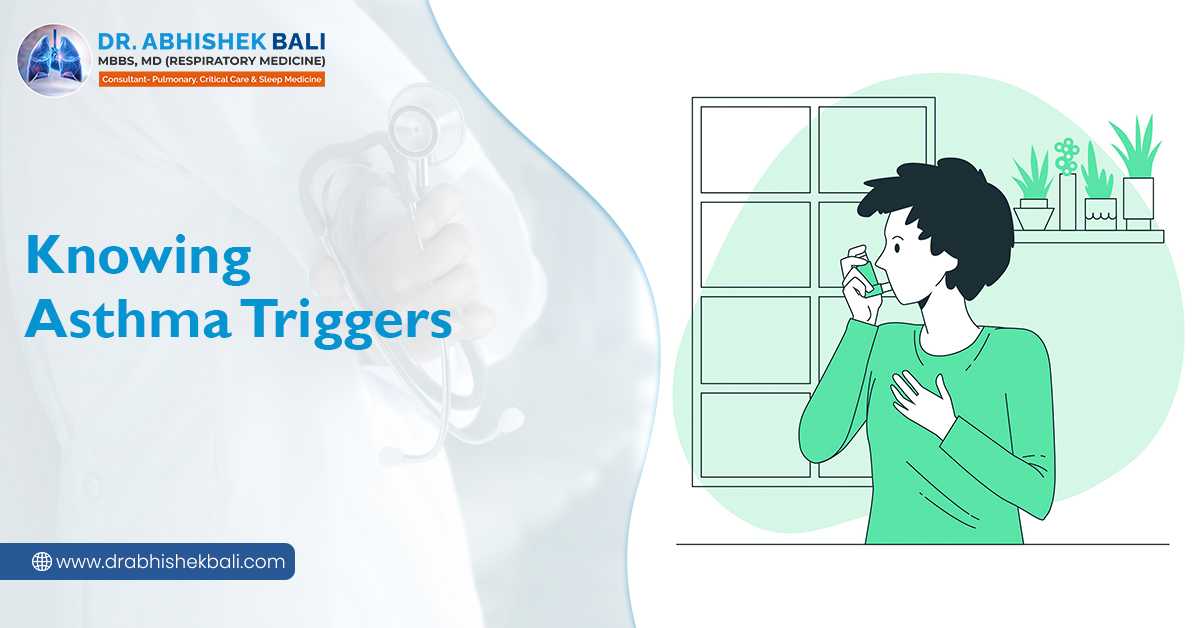Your lung collapses when air leaks into the outside portion of the lungs between the chest wall and the lung. Here, pressure develops against the lung, resulting in breathing difficulty and chest pain. This collapse can be partial or complete. Therefore, fast medical attention is of need.
The medical term for collapsed lung is pneumothorax. Sudden onset of shortness of breath, and chest discomfort (one-sided sharp chest pain) are two common signs of pneumothorax. To get optimum care in pulmonology in Siliguri, you may reach out to the best chest specialist in town.

Let’s discuss the possible causes of developing a collapsed lung. Read on to have insights into this topic.
Given below are the reasons:
- Chest injury. This condition may range from mild, moderate to severe. A blunt force or a penetrating injury can cause this condition. Or, there can be bruising, or bone fracture. Immediate expert assistance helps relieve further difficulties.
-
Chronic obstructive pulmonary disease/COPD. It’s a long-standing medical condition that makes the breathing process strenuous if not treated properly. Lung tissue damaged by poorly treated COPD increases the chance of pneumothorax. Avail of A1 care ensured by the best doctor in pulmonology in Siliguri.
-
Asthma. In this medical condition, the airways become swollen and inflamed. Asthma causes extra mucus, uplifting the risk of a partial collapse of the lung tissues or pneumothorax.
- Cystic fibrosis. This inherited disorder is responsible for lung and digestive system damage. Cystic fibrosis harms the cells account for making mucus, digestive juice, and sweat.
- Pneumonia. Infection that inflames your lungs can be mild or extreme. Certain cases turn so serious. There, immediate hospitalization is required. Pneumonia can bring about air leaking into the pleural space, or scarring lung tissue.
.jpg)
- Tuberculosis. A bacterial infection that affects the lungs and that can spread from one person to others through droplets via coughs or sneezes. It can put one at risk of spontaneous pneumothorax.
- Acute respiratory distress syndrome. ARDS happens when alveoli get filled up with the fluid accumulation. It’s a type of respiratory failure, that leads to complications like infections, blood clots, collapsed lungs, scarring, etc.
-
Family history. Growing evidence shows having a family history of a collapsed lung may put one at the same risk, especially if the condition runs in first-degree relatives.
-
Smoking. Tobacco smoking makes one more susceptible to a collapsed lung. The smoking practice may result in other lung conditions, like COPD. COPD can be a significant reason for pneumothorax. Talk to the best chest specialist in Siliguri for smoking cessation treatment.
- Possible signs of a pneumothorax include – shortness of breath, one-sided chest pain, rapid heart rate, fast breathing, blue skin, tiredness, cough, et al. If you have developed such signs that don’t mean you have a collapsed lung. Best to seek medical guidance without procrastination.




